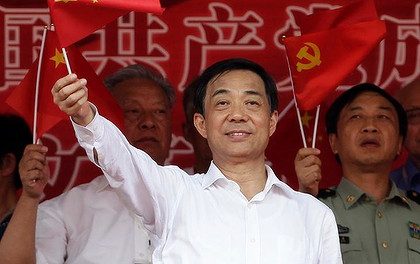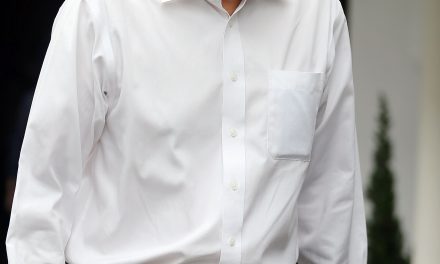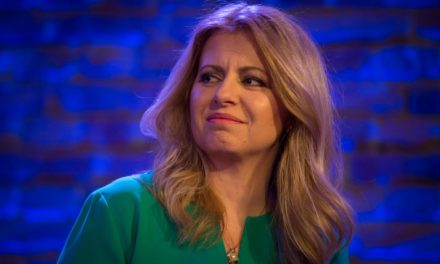25 April 2012. Soon after the ouster of Mohamed Nasheed as president of Maldives allegedly by a coup-d’etat involving his Vice President, the parliamentary seats of Thimarafushi and Kaashidhoo becoming vacant, following Court finding the MPs representing these constituencies guilty of corruption. It should be noted the judiciary is not considered impartial by many observers.
A by-election was held on 14 April 2012 to fill these two vacancies. Zaheena Rasheed, a civil rights activist and agent for political awareness, who majored in political science at Middlebury, visited Kaashidhoo, an island 88 kilometres north of Male’, one day ahead to witness the by-election there. Daniel Bosley also went there along with her. She wrote of her experience, during the two days in the island, of how votes were bought for money and favours in an article for Minivan News on 22 April 2012.
The article analyses how pervasive bribery and corruption was ranging from big investments to free drinks. After being elected to the office, the politicians will have to recoup their election expenses by pocketing public funds. They also need funds for the next election. So the wheel of corruption continues to turn on and on without stopping.
The by-election was the first poll since the controversial transfer of power on February 7. The MDP alleged President Mohamed Nasheed had been deposed in a coup d’état, and had called for fresh elections.
Abdulla Jabir of Jumhooree Party (JP) and Ahmed ‘Dhonbiley’ Haleem of Maldivian Democratic Party (MDP) were the two candidates in Kaashidhoo by-election.
Here are some excerpts from her story.
“New President Dr Mohamed Waheed Hassan’s administration meanwhile maintained that the country’s institutions, including the elections commission, were not ready to hold free and fair elections. Hence for many, the by-election was a test of the country’s capacity to hold peaceful polls.”
“During our two day visit to Kaashidhoo, we gathered testimonies from islanders which revealed a culture of extensive vote-buying. Instead of winning votes on the strength of their legislative agendas, islanders told us both candidates handed out cash, often in the form of investment in local businesses and financial assistance for medical expenses.”
An 18 year-old student living in Male’, who had returned to Kaashidhoo to vote, said “I will vote for Dhonbiley because he gave my aunt medical assistance.” His aunt has a common blood disorder in the Maldives, Thalassemia.
JP leader and business tycoon Gasim Ibrahim had pledged to build a $2.2 million city hotel in the island. The hotel would be a source of employment to the islanders who had no job opportunities. Gasim had already established a state-of-the-art football pitch on Gaafaru Island in the constituency. Gasim was there to support Abdulla Jabir.
Another islander said “We cannot trust Jabir; he has laid many foundations like that, in his previous constituency as well.” He added that he had initially supported Jabir. The MDP had fronted Jabir as a candidate until he swapped parties after the transfer of power. He continued “Jabir only donated six-air conditioning units to the mosque. But Dhonbiley donated over US$6500. Also, Jabir first said he will build a resort, and then said a 5-star luxury hotel, and now it’s simply a guesthouse.”
Another islander who made a living from diving for sea-cucumbers said “The people of this island will vote for money, they don’t have any principles.” For him, the biggest problem the island faced was a lack of job opportunities. He continued, “Both parties are handing out cash, in the guise of extending assistance for medical care. Some people even use the money for drugs.” He said he had at first supported Jabir. “But Jabir does not fulfil his promises. He first approached the youth cub, Ekuverige Tharika, and gave the club US$1300. Nothing else. But Dhonbiley gives us coffee, petrol for motorbikes and phone credit. It’s very easy. Even the island’s harbour was started under President Mohamed Nasheed,” he said.
Inside Jabir’s brightly lit campaign office, one of his supporters said that she supported Jabir because he had promised to bring development to Kaashidhoo. “Jabir is building a guesthouse. We only have agriculture on the island. But this hotel will create jobs, especially for women,” she said. She had four children to support and the guesthouse would give her the opportunity to earn some money.
“Dhonbiley does not check on the people. He does not know if the people have a second meal in a day or whether we sleep on the floor or on mattresses,” she said. Moreover, she said Dhonbiley only worked for MDP supporters’ benefit.
“When MDP was in power, 388 farmers asked for subsidies, but Dhonbiley gave subsidies to only 150 farmers. The subsidies were only given to MDP supporters. We don’t know what happened to more than $1430,” she said.
“Dhonbiley ate the subsidies,” shouted a group of men lounging on joalis within the campaign office.
Gasim had been involved in the MDP’s formation, but after being jailed in 2004 he had defected to President Maumoon Abdul Gayoom’s party, and took up the position of Gayoom’s finance minister. He ran for presidency in 2008, and supported Nasheed against Gayoom in the second round of elections after no candidate managed to garner more than 50 percent of the votes.
He had served as Nasheed’s home minister for 20 days but quit, criticising Nasheed for being authoritarian.
Dhonbiley said, “My supporters have reached the limit of their patience, but I have told them to keep calm.” He said he was confident of a win that day. He also claimed Gasim had walked through the island the night before handing out US$260 for votes.
A young photographer whose dream was to open a photography studio on Kaashidhoo asked Jabir to invest in lighting equipment and he offered a partnership. She said “But when he changed parties, I did not want to vote for him. I cannot change my party like I change my clothes. So the investment fell through”.
A juice shop near the polling booth served free drinks to MDP supporters because Dhonbiley had invested in a deep freezer for the shop.
A labourer at the health centre said “I support Jabir because he gave my daughter return tickets to India for a medical trip and US$650 for expenses. Since she was 11 years-old, she has had lesions on her skin. She is 24 now, and she has two children. We still haven’t found a cure,” he said. He also said he hadn’t been able to gain any assistance from the government’s free health-care scheme Aasandha.
Finally, Abdullah Jabir won the election. Ahmed Shareef of the Progressive Party of Maldives (PPM) won in Thimarafushi. Both belong to the pro-government faction.














